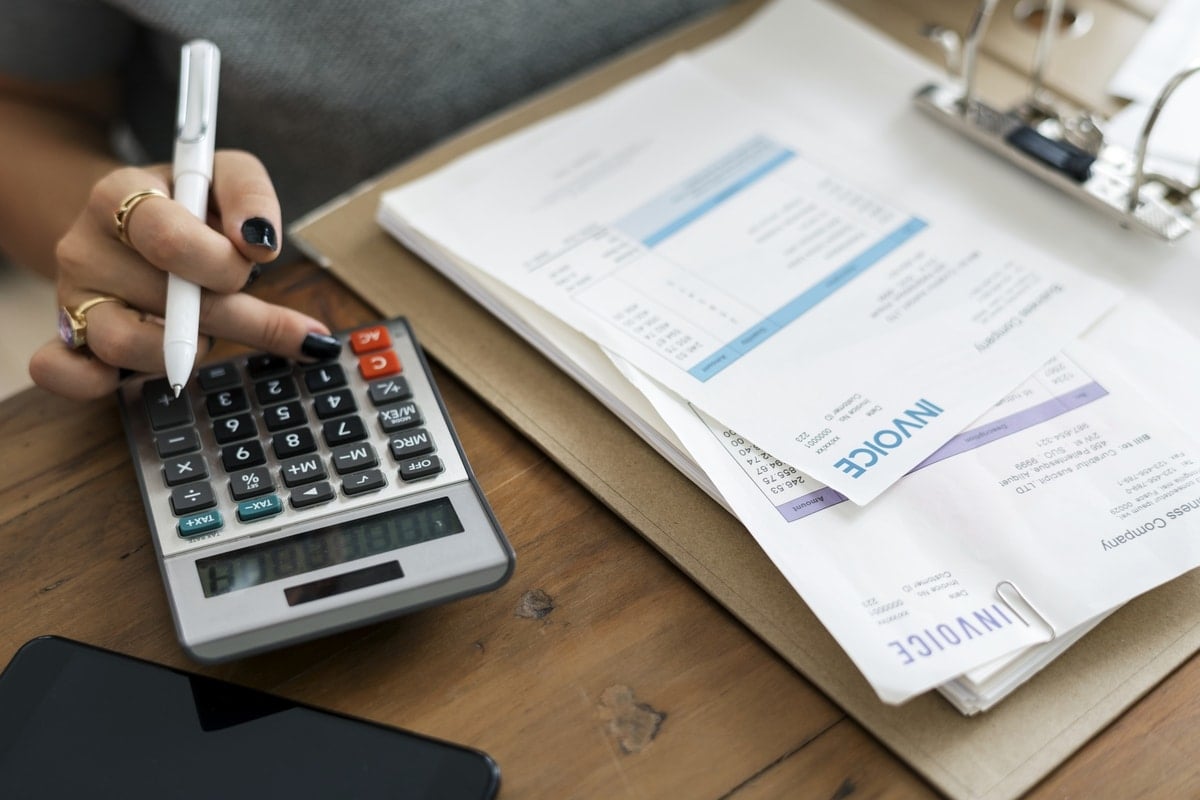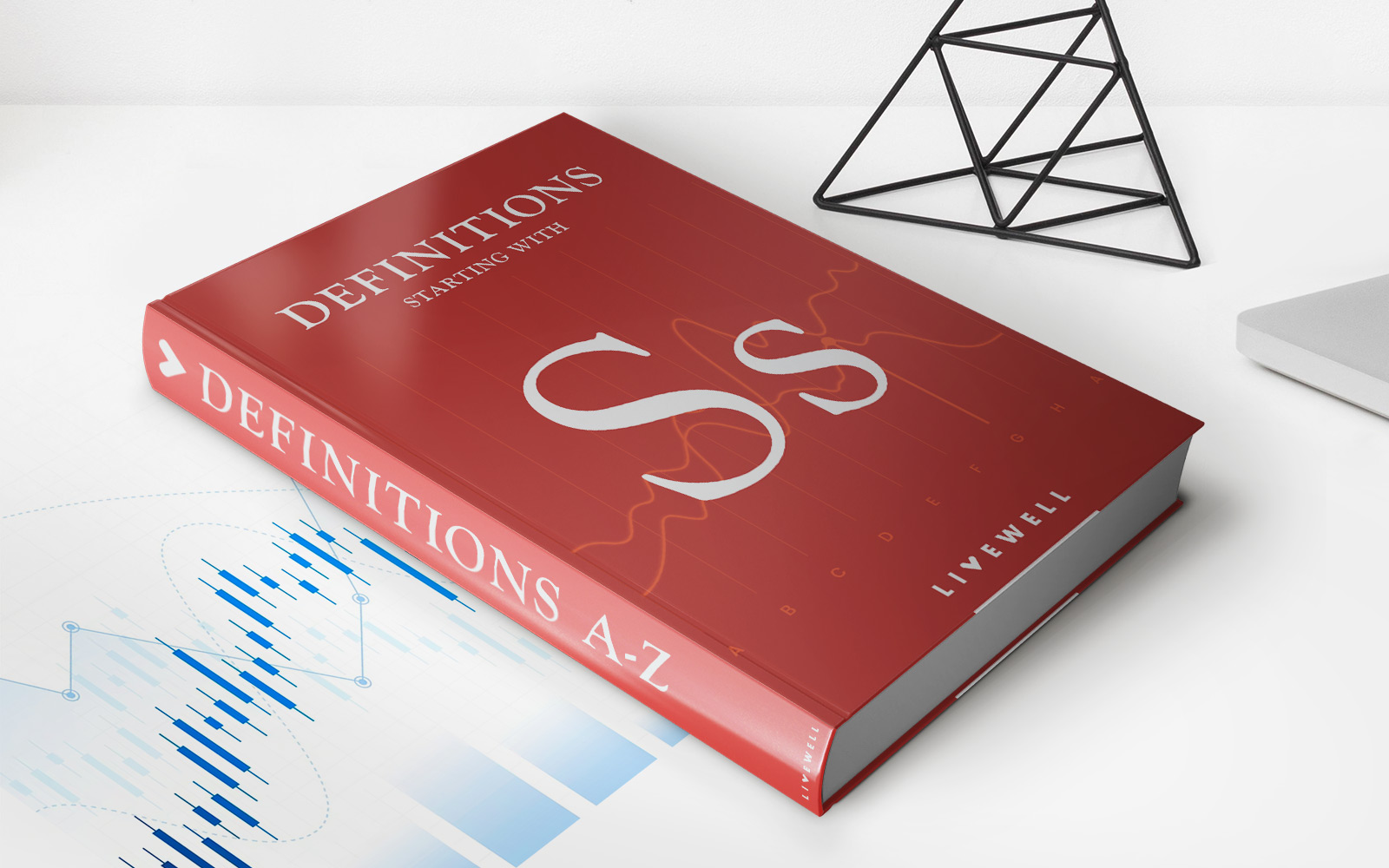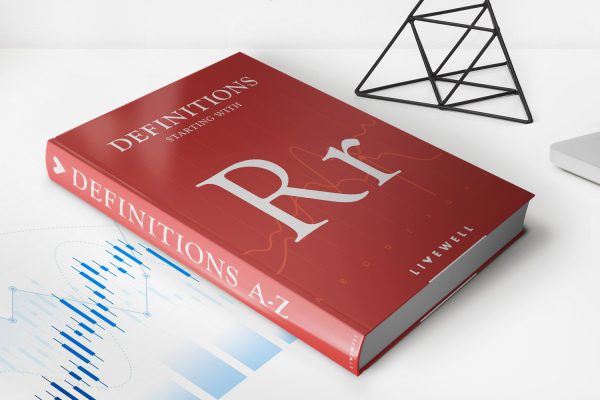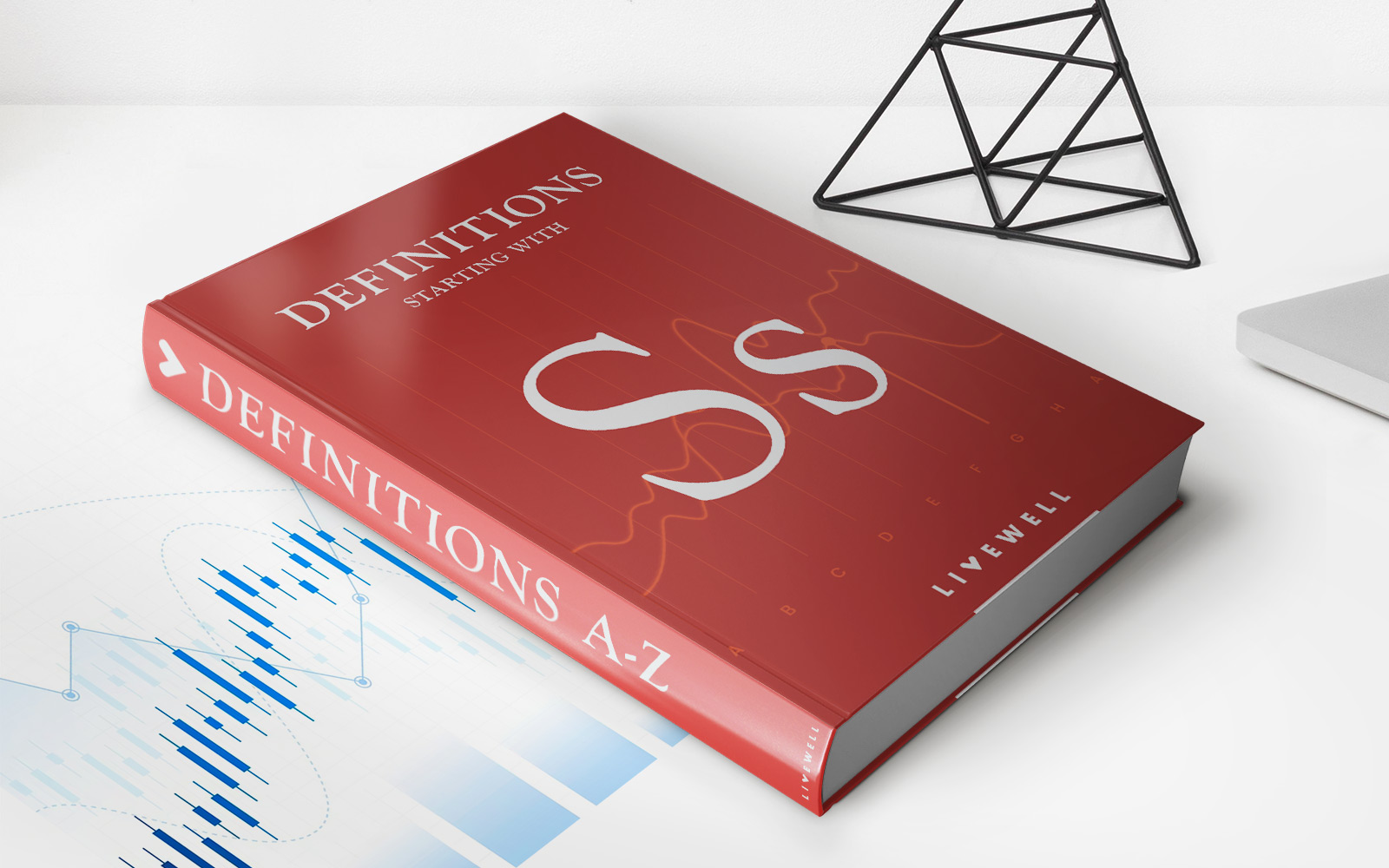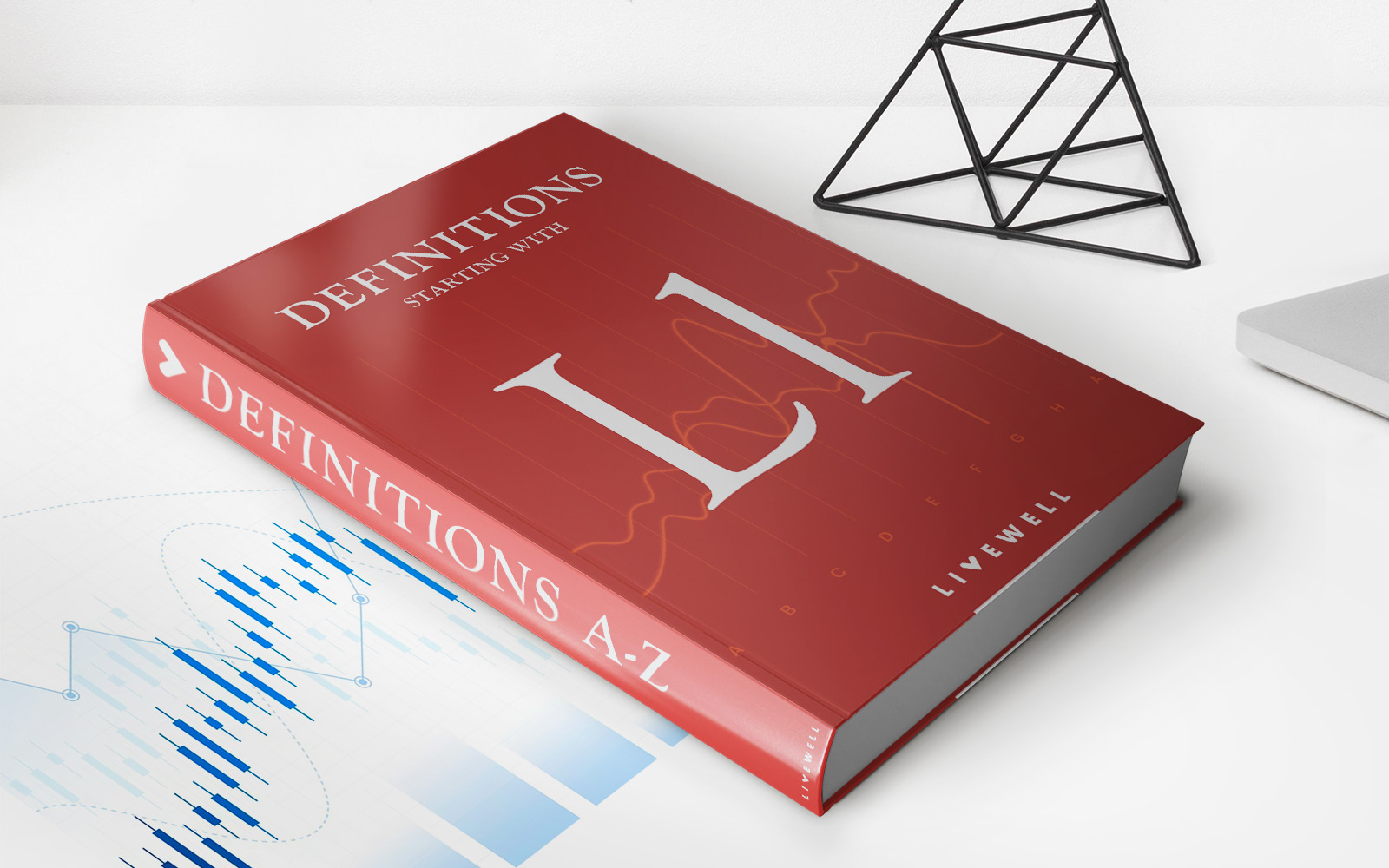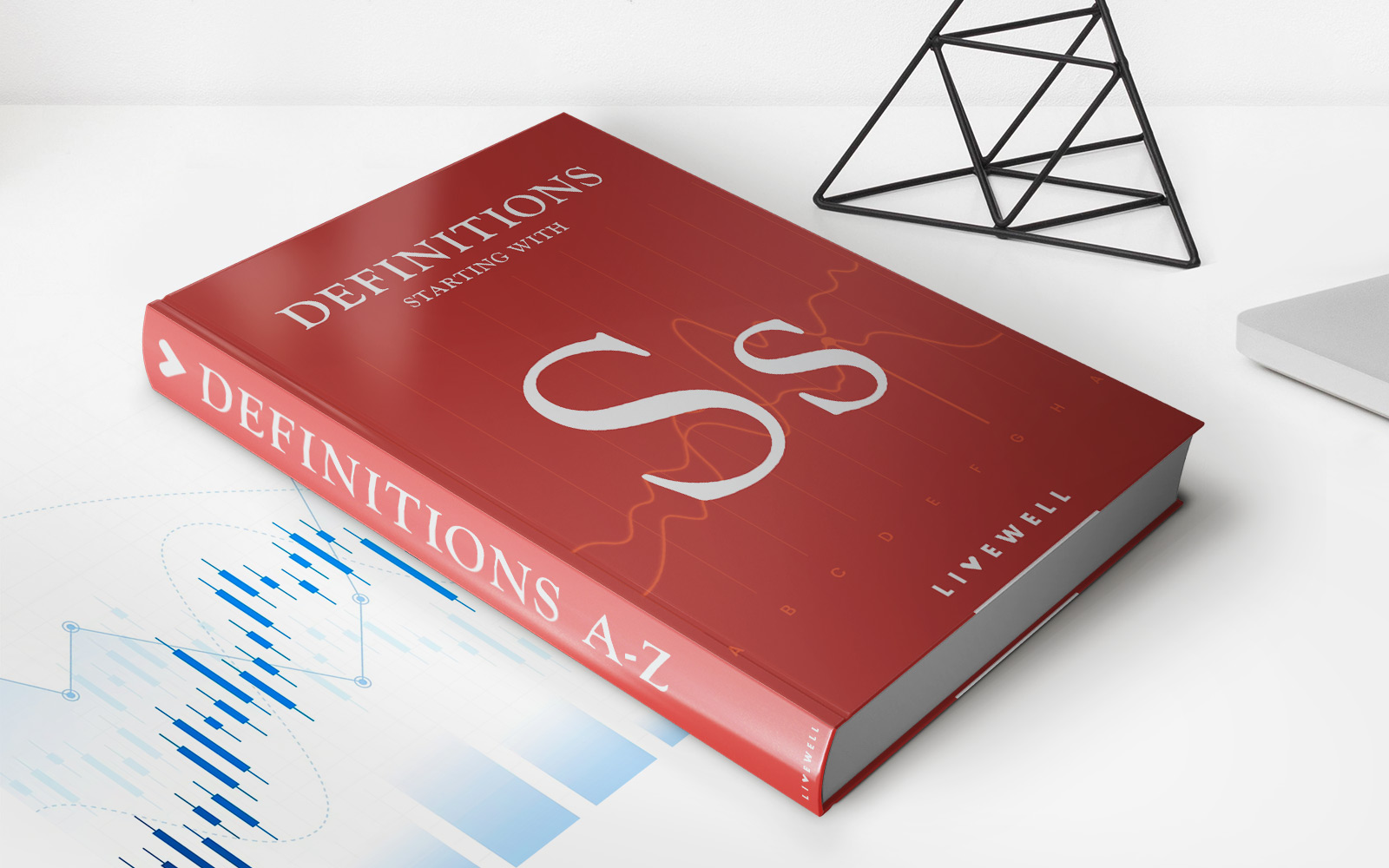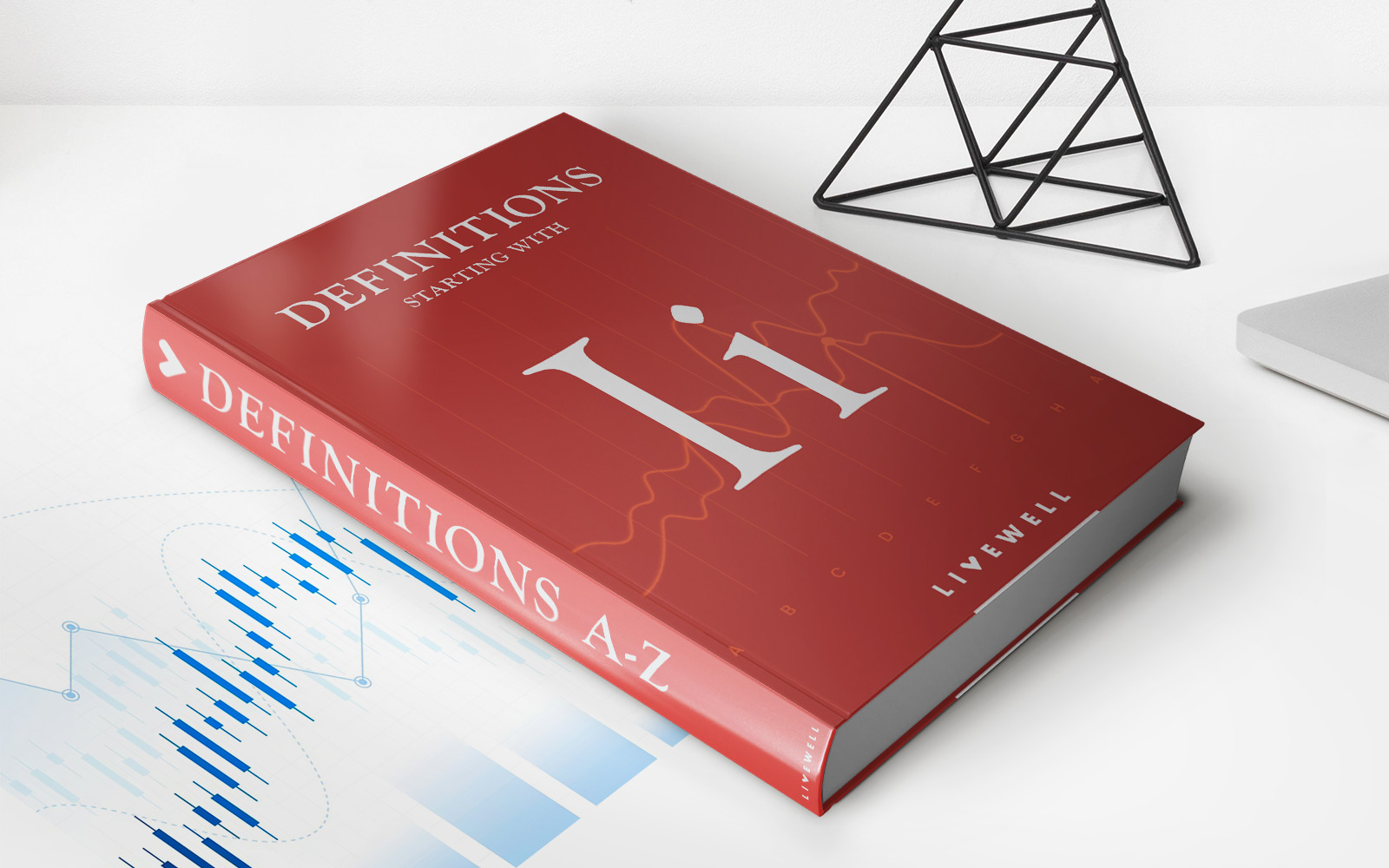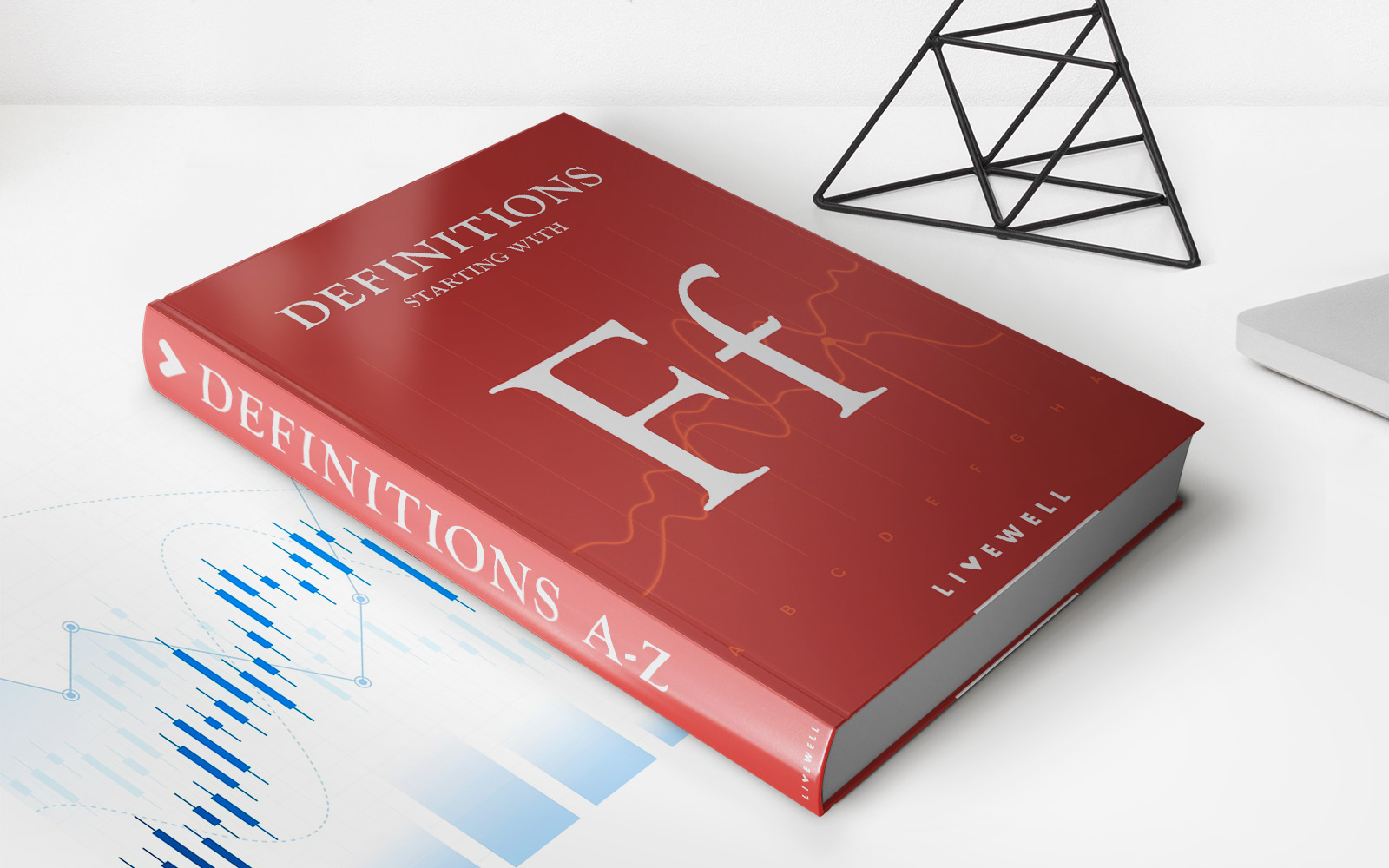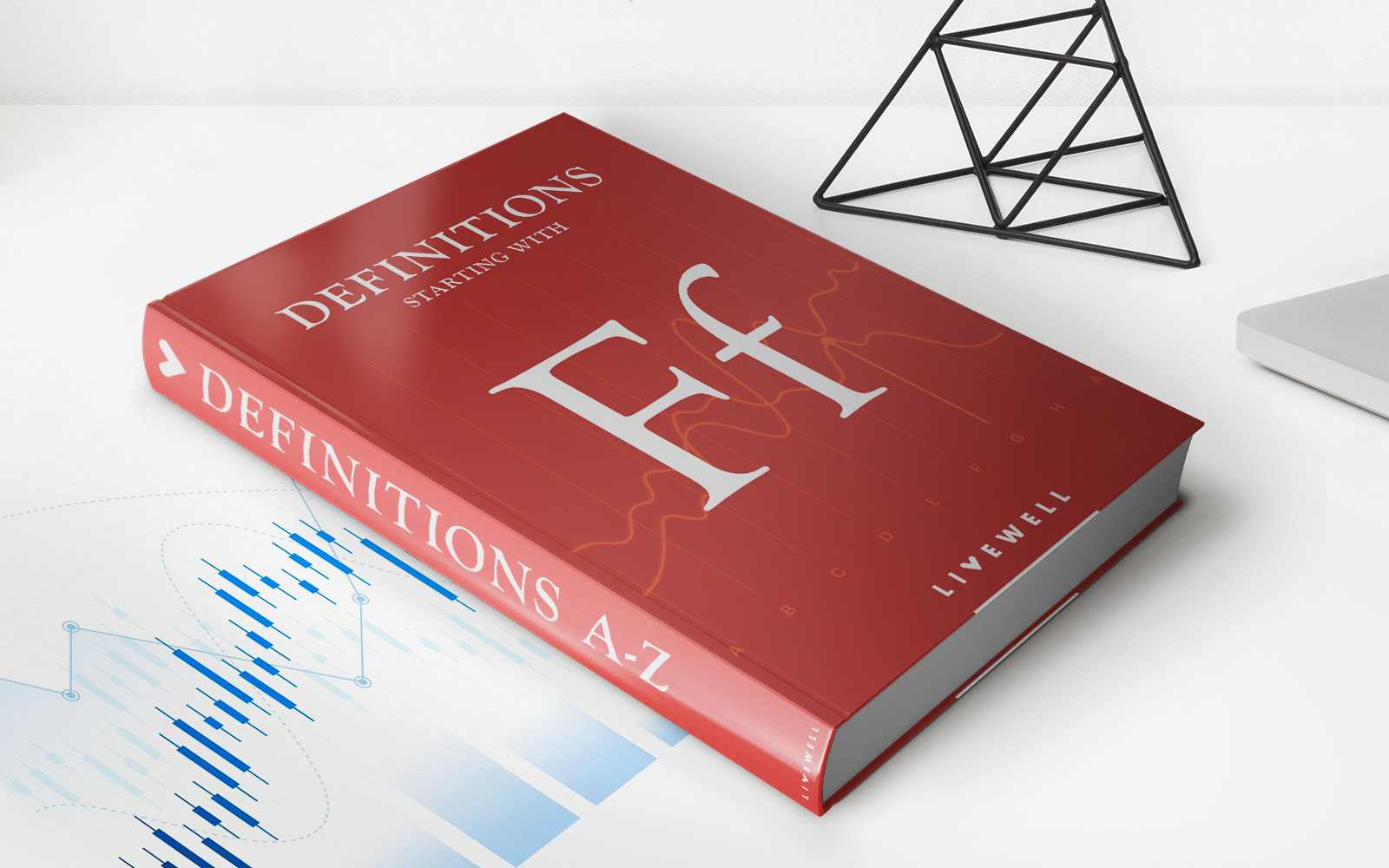Home>Finance>Special Memorandum Account (SMA) Definition And Purpose
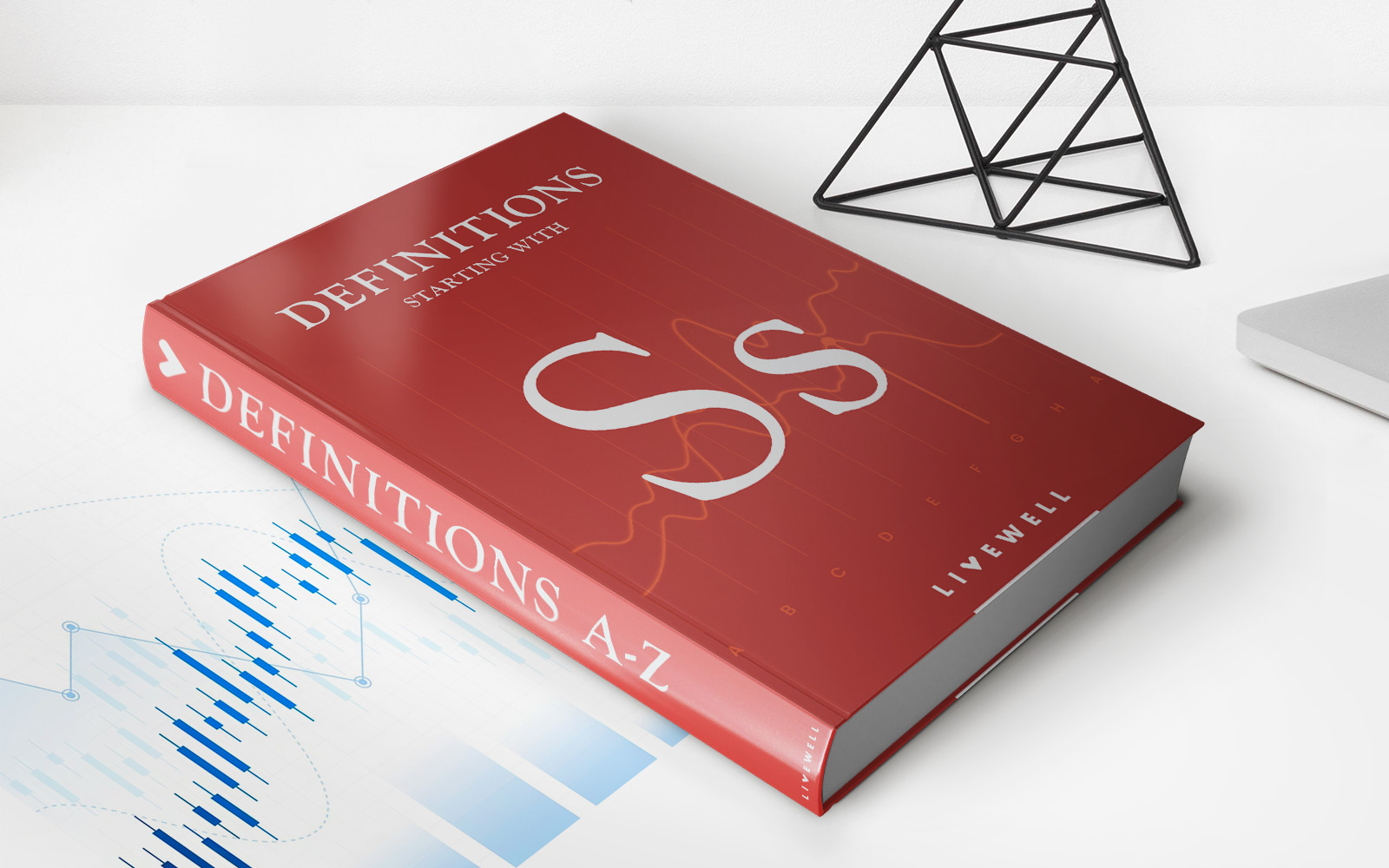

Finance
Special Memorandum Account (SMA) Definition And Purpose
Published: January 31, 2024
Learn the Definition and Purpose of Special Memorandum Account (SMA) in Finance. Discover how SMA can help you manage your finances effectively.
(Many of the links in this article redirect to a specific reviewed product. Your purchase of these products through affiliate links helps to generate commission for LiveWell, at no extra cost. Learn more)
SMA: Special Memorandum Account – Definition and Purpose
Have you ever wondered about the Special Memorandum Account (SMA) and its purpose in the world of finance? If so, you’ve come to the right place. In this blog post, we will delve into the ins and outs of SMAs, explaining what they are, their purpose, and why they matter. By the end of this article, you’ll have a clear understanding of how SMAs play a crucial role in financial transactions.
Key Takeaways:
- Special Memorandum Account (SMA) is a record-keeping mechanism within the financial industry.
- SMAs help facilitate efficient trading and provide transparency in financial transactions.
What is a Special Memorandum Account?
A Special Memorandum Account (SMA) is a dedicated record-keeping mechanism used in the financial industry. It is an account held by a brokerage firm on behalf of its clients. The primary purpose of an SMA is to ensure accurate tracking of client transactions, especially when it comes to margin trading or short-selling.
Purpose and Importance
1. Efficient Trading
SMAs are crucial for efficient trading, particularly in margin accounts. When a client engages in margin trading, they borrow funds from their brokerage firm to purchase securities. The SMA serves as a central transaction record, keeping track of the borrowed funds, securities purchased, and any associated interest charges or dividends received.
2. Transparency and Accountability
SMAs provide transparency and accountability within financial transactions. By keeping a detailed record of all client transactions, brokerage firms can easily reconcile accounts and provide accurate reports when needed. This transparency ensures fair and ethical practices within the financial markets.
How Does a Special Memorandum Account Work?
When a client engages in margin trading, the brokerage firm will create an SMA to record and track the transactions. The SMA will reflect the client’s borrowing activities, including the borrowed funds, securities purchased, and interest charges. If the value of the securities held by the client increases, the SMA balance will also increase, reflecting the additional buying power available.
It is crucial to note that SMAs are not actual physical accounts or bank accounts. Instead, they are a virtual record-keeping mechanism maintained by the brokerage firm. SMAs provide a clear snapshot of a client’s margin trading activities, ensuring accurate management of borrowed funds and securities.
Conclusion
In conclusion, a Special Memorandum Account (SMA) is a dedicated record-keeping mechanism used in the financial industry. SMAs play a crucial role in facilitating efficient trading and ensuring transparency and accountability in financial transactions. By providing a centralized record of client transactions, SMAs empower brokerage firms to manage margin trading activities accurately.
Key Takeaways:
- Special Memorandum Account (SMA) is a record-keeping mechanism within the financial industry.
- SMAs help facilitate efficient trading and provide transparency in financial transactions.
If you are interested in exploring the world of finance further, be sure to check out our other articles in the “FINANCE” category. Stay tuned for more informative posts on various financial topics that will help you enhance your financial knowledge.
